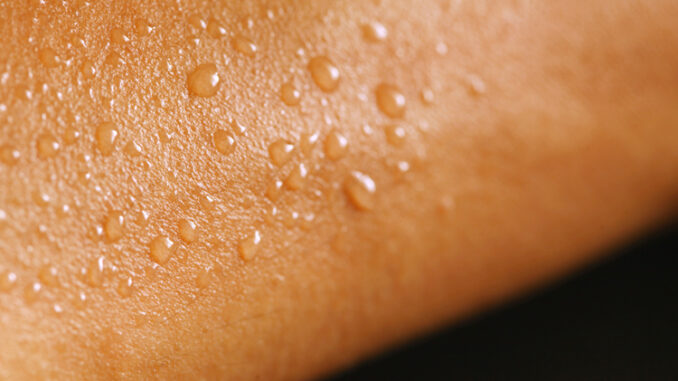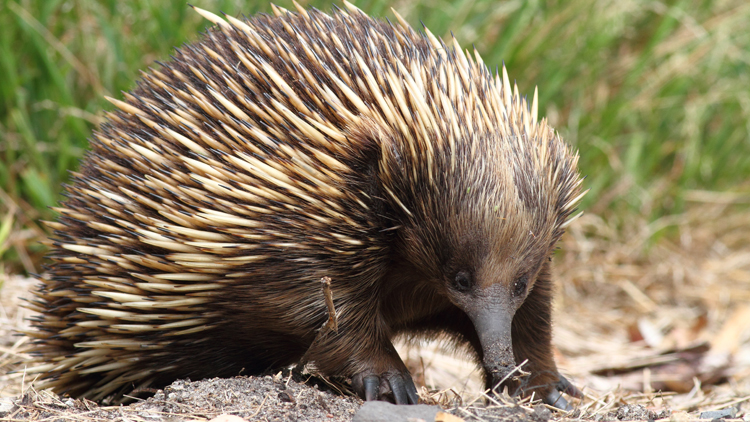
Mammals regulate the temperature of their bodies with moisture. When moisture evaporates and leaves the body, it cools the animal down. This can be lifesaving! It prevents mammals from overheating. Humans have sweat glands. Sweat glands release moisture to cool the skin. Sweat is the body’s natural reaction to cool off. Many animals cover themselves with unusual fluids to keep cool. Cats lick themselves. Dogs pant. Some animals spit on themselves. Echidnas blow snot bubbles to cool off.

Echidnas are small, spike-covered mammals that use their nose for survival.
Echidnas live in rainforests, deserts, and even snow-covered mountains. These habitats require echidnas to adapt to a wide range of temperatures. Any temperature above 95 degrees Fahrenheit is dangerous for these animals. It is life-threatening for echidnas to get too hot. Scientists used infrared light to study the habits of echidnas. They were curious about how these mammals survived extreme temperatures. They observed the echidnas blowing snot bubbles when their bodies got hot. The snot keeps their noses wet. The moisture cools them down. Echidnas use a ‘cool’ trick to stay cool in hot weather!
What Do You Think? Why is it important to understand how animals adapt to hot weather? How does it affect their survival?
Photo Credit: (t)Tatchaphol/Shutterstock, (b)Wayne Butterworth/Shutterstock



